When faced with the need to appoint a guardian for your loved one, you will need to submit documents to the court. Specifically, you will file a guardianship petition, a document that presents evidence that your loved one needs additional support in managing his or her care or affairs. Through this process, you will ask the court to appoint a person or an agency (for example, a local department of social services) to handle the personal affairs or the property of the “ward,” which is the person for whom the guardian is sought.
Here, we will provide a brief overview of guardianship petition filings. However, if you are seeking guardianship for your loved one, the wisest choice is to engage an attorney to help you prepare your petition.
Where do I file?
In North Carolina, the court that handles guardianship petitions is the superior court. The petition must be filed with the clerk of the court in the special proceedings’ division in the county where the ward is physically present, lives, or where his or her inpatient facility (if applicable) is located.
Will the court appoint a guardian?
The court will appoint a guardian if it finds by a legal standard called clear, cogent, and convincing evidence that the person does not have sufficient mental capacity to manage his or her property or personal affairs, or cannot make or communicate important decisions about his or her personal care, family, or property. The legal term used to describe this lack of mental capacity and decision-making capability is known as incompetency.
Who can file a petition for guardianship?
Any person or human services agency (state or local) can file a guardianship petition. The person filing the guardianship petition is called the “petitioner.” The person for whom the guardianship is sought is referred to as the “respondent.”
What information is included in a guardianship petition?
The purpose of the guardianship petition is to present evidence that the respondent is incompetent. In other words, the petitioner must include facts showing that the respondent does not have the mental capacity to manage his or her property, responsibilities, finances, or personal affairs, including an inability to care for him or herself. Similarly, the petitioner must prove that the respondent lacks the ability to make or communicate important decisions about his or herself, family, or property.
In addition, the guardianship petition will include the following information, at a minimum:
- Basic identifying information regarding the respondent, including the respondent’s name, telephone number, address, county of residence, birth date, gender, race, and driver’s license number, if any
- The petitioner’s name, address, county of residence, and telephone number
- The petitioner’s attorney’s contact information (The petitioner is not required to hire an attorney.)
- The name and address of the facility where the respondent is living
- Information about where the respondent has lived for the twelve months immediately before filing the guardianship petition with the court, which could include time in treatment facilities
- Information about any pending court or agency proceedings involving the respondent, in any state or territory of the United States
- Information regarding the respondent’s inability to handle his or her day-to-day responsibilities
- The reason a guardian is being sought
- Names and contact information of relatives and others who have an interest in the guardianship proceeding
- Information about the respondents’ assets, property, liabilities, and finances, including income
- The specific person or agency named as the proposed guardian
- The petitioner’s verification, under oath, of the truth and accuracy of the information contained in the guardianship petition
Once completed, the guardianship petition must be “served” on the respondent. This means that the petitioner must engage the Sheriff’s Office to deliver the document to the respondent at his or her residence. However, there are other legal methods of service, so be sure to confirm with your attorney that you are properly serving the respondent.
It is also important to note that the petitioner may only file a guardianship petition if the court has jurisdiction. The North Carolina Superior Court has jurisdiction when the respondent has lived in North Carolina for at least six consecutive months immediately before filing the guardianship petition, or the respondent has lived in North Carolina for at least six consecutive months during the twelve months before filing the guardianship petition. The court may have jurisdiction in some additional circumstances that apply when a respondent has not spent the required amount of time in North Carolina. These other bases for jurisdiction are detailed in North Carolina’s Uniform Adult Guardianship and Protective Proceedings Jurisdiction Act.
The form of guardianship petition for the North Carolina Superior Court can be found online.
Who can serve as a guardian?
The court will first appoint a North Carolina resident as guardian and prefers to appoint a family member if a qualified family member is available and able. If no individual is appropriate, the court may appoint an agency, such as a local department of social services.
Find an advocate for your loved ones.
FLG is a full-service litigation law firm focused exclusively on fiduciary relationships, from estates and trusts to incompetency and guardianship matters, powers of attorney, will caveats, and disputes among business partners. Reach out to us to learn more about how we help clients throughout North Carolina.
This article does not establish an attorney-client relationship and must not be construed as legal advice.
